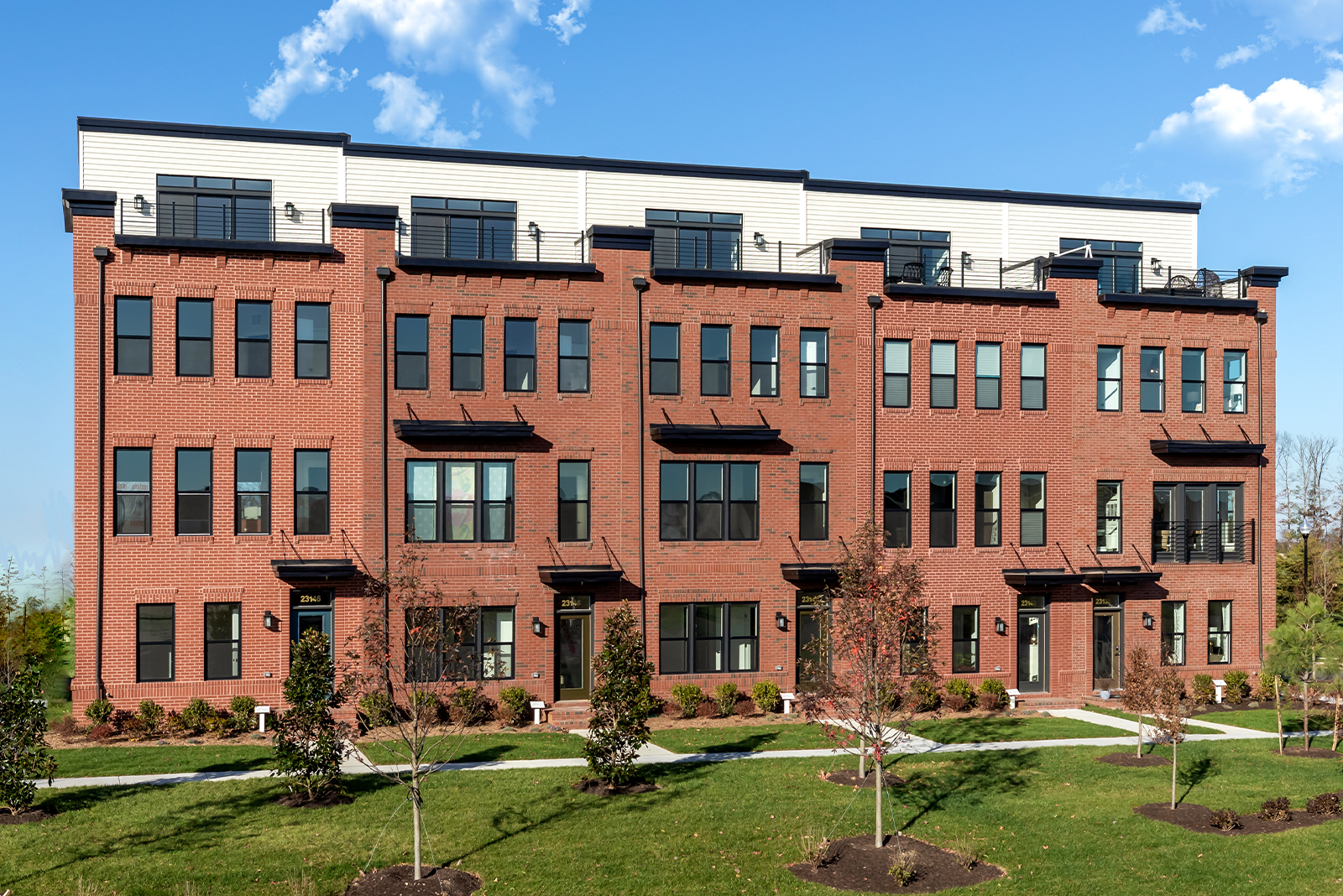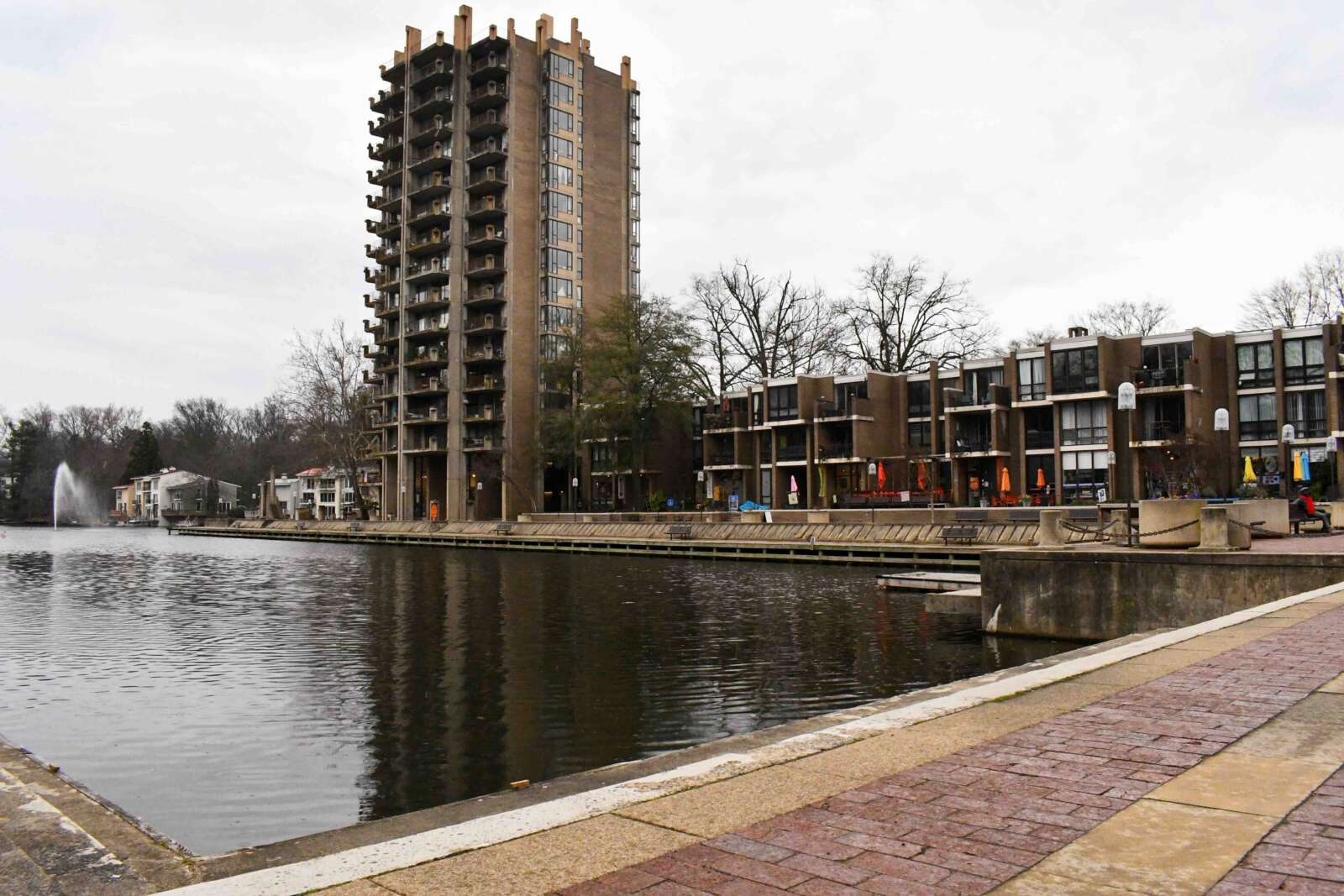The Supreme Court ruled in favor of the Trump administration’s proposed changes to the “public charge” rule, allowing it to take effect nationwide in February. This decision follows injunctions by multiple appeal courts in states across the country that attempted to block the policy from being implemented back in October of 2019, as originally planned.
The policy in question falls under the scope of the Immigration and Nationality Act, and would enact new standards on those seeking permanent residency in the United States.
“These new measures can make it easier for the government to deny green cards and visas to immigrants who are considered ‘burdens’ to the American taxpayer,” Immigration Attorney Natalia Segermeister explains. “This policy will disproportionately impact low-income immigrants and immigrants of color that are seeking to gain legal residency in the United States.”
Legal History of the Public Charge Rule
The concept of public charge has long been a part of American immigration policies since codified into law by Congress in 1882, and has been commonly used to deny American citizenship to legal immigrants. The original public charge rule referred to any immigrant that is classified as “likely to become a public charge,” meaning they primarily depended on the government for support at any time. However, it failed to define exactly what constitutes a public charge.
Under the Trump administration’s new regulation, the term “public charge” includes any immigrant that relies on the government for public benefits such as Medicaid, food stamps, and subsidized housing, and puts a much greater emphasis on a person’s financial well-being and self-reliance.
States across the country attempted to halt the policy from going into effect, and were temporarily successful after a federal judge in New York imposed a nationwide injunction in January. Yet later the same month, the Supreme Court heard the case and ultimately ruled 5-4 in favor of the policy, thus lifting the nationwide injunction.
Response to the New Policy
The Trump Administration’s goal for the new policy and its public charge regulation is to ensure that the country’s immigration system grants permanent residency only to legal immigrants who can provide for themselves and to promote self-sufficiency among immigrant communities. This goal further promotes the administration’s belief that legal immigration should be merit based.
Yet the change to what constitutes a person as a public charge has been questioned and strongly criticized by opponents to the administration’s legislation. In response to this backlash, the administration argued that a person’s dependence on the government is already a factor considered in their status and in determining whether or not to grant legal residence in the United States.
The administration claims that large numbers of non-citizen immigrants have taken advantage of our country’s generous public benefit, but critics are pointing to statistics that say otherwise. It is reported that non-citizen immigrants makeup only 6.5% of Medicaid participants and 8.8% of food stamp recipients. In addition, there has been a recent increase in immigrant families, even those who are already U.S. citizens, withdrawing from essential welfare programs in response to the proposed changes.
Future Impact of the New Policy
While the policy only recently went into effect in February of 2020, it is expected to have the deepest and widest impact on legal immigrants for decades to come. This public charge regulation is just one of several proposals that the administration originally unveiled in regards to severely restricting legal immigration.






